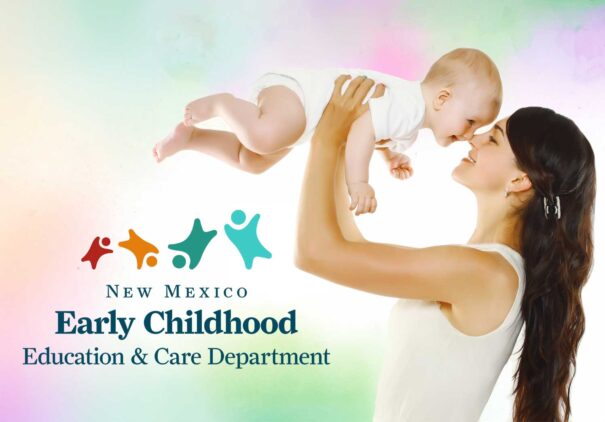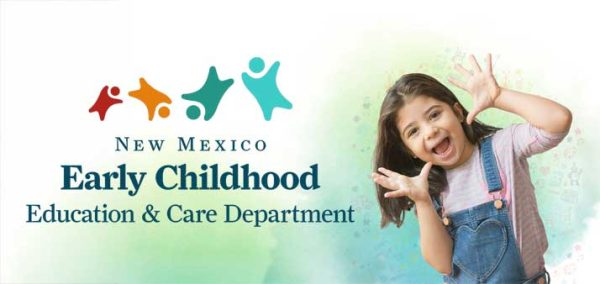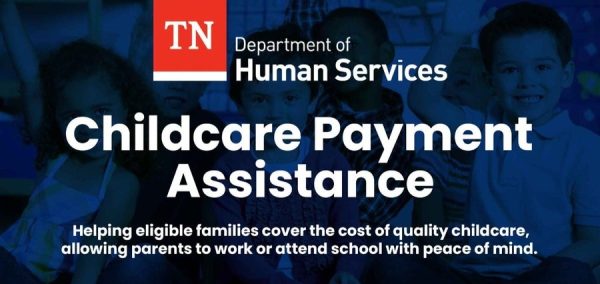This article is 842 words by Mick Ross—a 7-minute read.
In a nation where the cost of childcare can rival a mortgage payment, New Mexico has emerged as a trailblazer. By making childcare free for most families, the state has not only alleviated financial burdens but also lifted 120,000 residents above the poverty line. This transformative policy offers a compelling model for how targeted investments in early childhood education can yield substantial social and economic benefits.
A Historic Investment in Families
In 2022, New Mexico became the first U.S. state to offer free childcare to a majority of families. Funded through a constitutional amendment that allocated a portion of the state’s Land Grant Permanent Fund, this initiative ensures sustainable financing without raising taxes. The program provides free childcare to families earning up to 400% of the federal poverty level—approximately $124,000 for a family of four—thereby benefiting about half of the state’s children.
Tangible Impacts on Poverty and Workforce Participation
 The effects of this policy have been profound:
The effects of this policy have been profound:
🧸 Poverty Reduction:
The state’s supplemental poverty rate dropped from 17.1% to 10.9%, lifting approximately 120,000 residents above the poverty line.
🧸 Workforce Empowerment:
Parents, particularly mothers, have been able to pursue education and employment opportunities. For instance, Lisset Sanchez, a mother of five, was able to complete her college education and enroll in nursing school, attributing her success to the availability of free childcare.
🧸 Support for Childcare Providers:
The state increased wages for childcare workers and based subsidy reimbursement rates on the actual cost of care, reducing the poverty rate among childcare providers from 27.4% in 2020 to 16% in 2024.
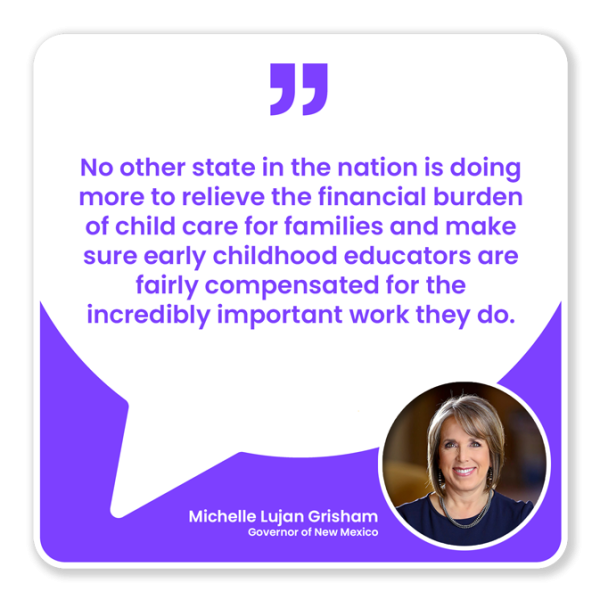
Building a Sustainable Model
 New Mexico’s approach is characterized by several key strategies:
New Mexico’s approach is characterized by several key strategies:
🧸 Dedicated Funding:
The Early Childhood Trust Fund, bolstered by oil and gas revenues, provides a steady funding stream for early childhood programs.
🧸 Universal Access:
By extending eligibility to families earning up to 400% of the federal poverty level, the program reaches a broad demographic, promoting inclusivity and equity.
🧸 Quality Assurance:
Investments in provider wages and training ensure high-quality care, benefiting both children and caregivers.

Lessons for Other States
 While New Mexico’s reliance on fossil fuel revenues may not be replicable everywhere, the underlying principles of its childcare reform offer valuable insights:
While New Mexico’s reliance on fossil fuel revenues may not be replicable everywhere, the underlying principles of its childcare reform offer valuable insights:
🧸 Investing in Early Childhood Yields High Returns:
Research indicates that every dollar spent on high-quality early childhood programs can deliver a 13% annual return on investment through better education, health outcomes, and economic productivity.
🧸 Comprehensive Support Systems:
Combining financial assistance with quality improvements in childcare services creates a holistic support system for families.
🧸 Policy Innovation:
Constitutional amendments and dedicated trust funds can provide sustainable solutions to funding challenges in early childhood education.
Key Takeaways
🧸 Free childcare in New Mexico has significantly reduced poverty and empowered families.
🧸 Sustainable funding mechanisms are crucial for the longevity of such programs.
🧸 Investments in early childhood education benefit not only children and families but also the broader economy.
🧸 Other states can draw lessons from New Mexico’s approach to design effective childcare policies.
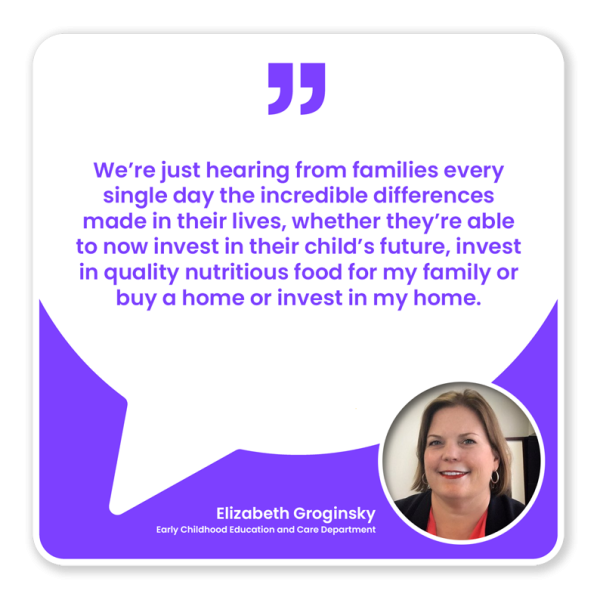
What Educators and Parents Are Saying
Parents and state leaders alike have praised New Mexico’s free childcare program for its life-changing impact. From easing financial stress to opening doors for education and career growth, these stories highlight just how powerful accessible childcare can be.
The program enabled her to complete college, enroll in nursing school, and manage family expenses like groceries and mortgage payments.
The program saved her $370 a month, alleviating financial stress and allowing her to focus on her career and family.
Want to Learn More?
Curious how one bold move changed thousands of lives? You can explore how New Mexico’s free childcare program is transforming families, communities, and the future of early education by visiting their website.
Want About Tennessee?
In Tennessee, childcare financial assistance is available through the Child Care Certificate Program. One key option within this system is Smart Steps, which provides childcare payment assistance for income-eligible working families or those in post-secondary education. The program covers children ages six weeks to kindergarten for parents who work, attend school, or combine both activities for an average of 30 hours per week. Parents pay a portion of the cost based on a sliding scale. You can learn more about the Child Care Certificate Program and Smart Steps on the TN Department of Human Services website.

